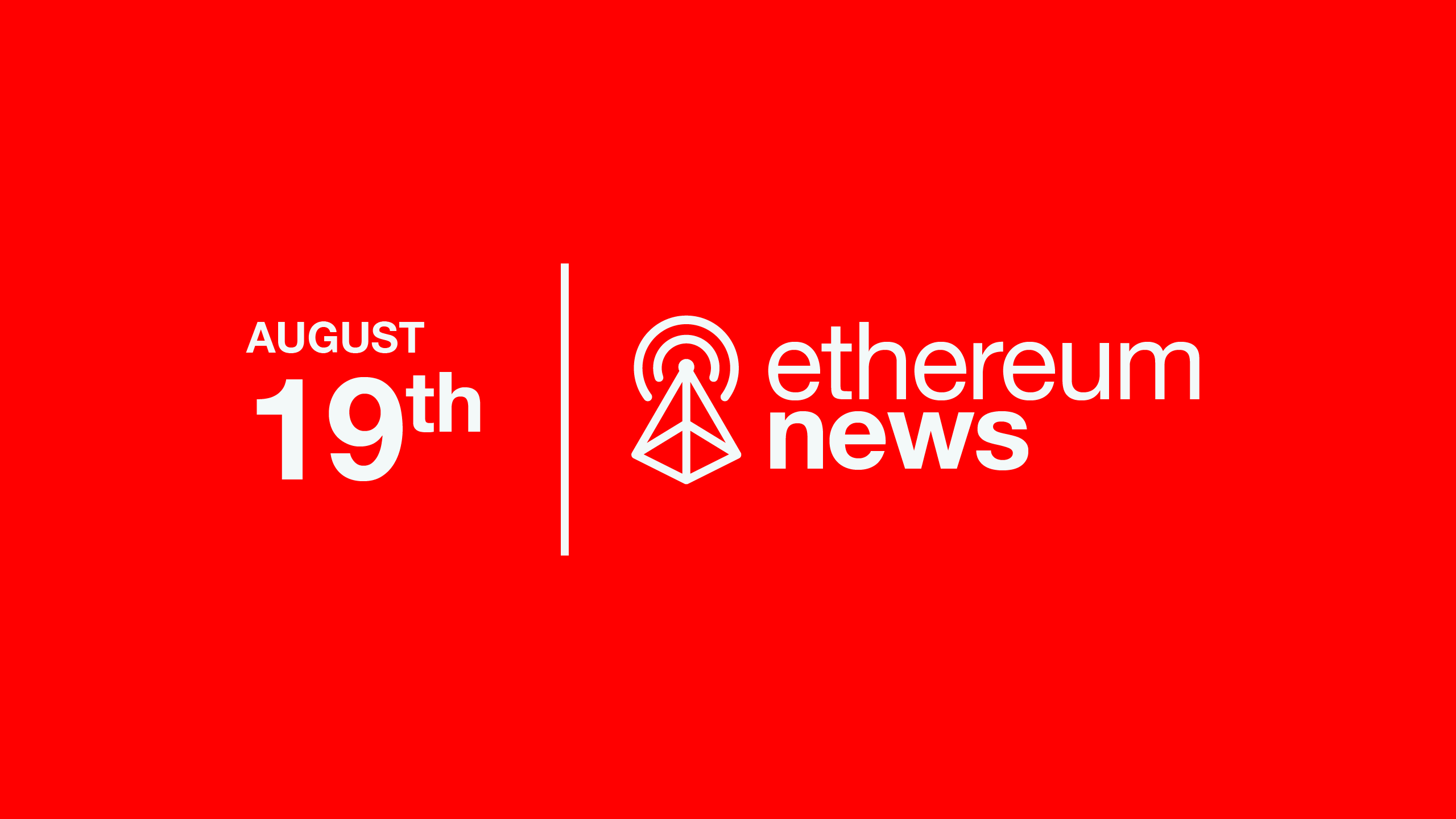Polynomial Protocol Releases Gamma Vault
The Gamma Vault runs a fully on-chain delta-neutral strategy that aims to profit from short-term volatility.

Quick Take
- FTX reportedly warns users not to interact with Aztec Network.
- FTX US receives a cease and desist letter from the FDIC.
- Rainbow Kit integrates Sign-In With Ethereum (SIWE).
- Polynomial Protocol releases a Gamma Vault.
Listen on: Apple | Castbox | Spotify | YouTube | Lens
Superchain Highlights 🔴✨
Polynomial Protocol Releases Gamma Vault
Polynomial Protocol, a derivatives platform on Optimism, announced a beta release of its Gamma Vault. The Gamma Vault runs a fully on-chain delta-neutral strategy that aims to profit from short-term volatility. The vault buys a near at-the-money call option with highest gamma on Lyra and shorts perpetual futures equal to the delta of the option on Synthetix Futures.
Since the vault relies on volatility, it loses money when the market stays idle due to the decay of an option. The vault also attempts to close a position within a few hours after a trade becomes profitable. Positions are also closed within 3 days irrespective of the PnL. The Gamma Vault is currently in a beta phase, limited to a $50k sUSD capacity, and only open to select addresses.
FTX Reportedly Freezes Assets Tied To Aztec Network
Aztec Network, a privacy protocol built usig zk-Rollups, has responded to reports of FTX warning users not to interact with the network. This week, multiple users reported having their FTX account frozen after depositing funds from zk.money associated wallets. zk.money is a privacy rollup that allows users to shield ETH and DAI as well as use DeFi dapps in a privacy-preserving manner. Similar to Tornado Cash, the origin of assets sent through zk.money is obfuscated. A user shared screenshots of a reported conversation with FTX customer service, which requested the user to provide proof of a deposit’s origin. Aztec stated they will publish details about how it plans to deter bad actors from moving stolen funds through the network. Currently, zk.money has a deposit limit of 5 ETH or 10,000 DAI.
FTX US Receives Cease and Desist From FDIC
FTX US is among five crypto companies to receive a cease and desist letter from the FDIC in regard to false and misleading statements about deposit insurance. The letters allege that the companies misled investors by suggesting exchange accounts are FDIC insured. The letter to FTX US was directed to President Brett Harrison and Chief Regulatory Officer Dan Friedberg. The FDIC cited tweets made by Harrison, which stated that “direct deposits from employers to FTX US are stored in individually FDIC-insured bank accounts in the users’ names.” The letter also included another misleading tweet in which Harrison claimed “stocks are held in FDIC-insured and SIPC-insured brokerage accounts.” Harrison has since deleted one of the tweets.
Last month, the FDIC issued a public advisory, making it clear that FDIC-insurance does not insure assets issued by crypto companies. Although crypto companies may have funds in a bank account, the FDIC protections do not extend to the customers of that company. FDIC insurance does not protect against the default, insolvency, or bankruptcy of any non-bank entity.
Rainbow Kit Integrates Sign-In With Ethereum
RainbowKit, a React library for integrating Rainbow wallet connection into dapps, has added support for Sign-In with Ethereum and NextAuth.js. Developers can now require users to authenticate by signing a message during the wallet connection process. The signature provides proof that a user owns the account being connected and activates an authenticated user session with the dapp. RainbowKit has also added lower-level support for custom auth backends and message formats. Sign-In with Ethereum is an authentication method that enables users to control their digital identity with their Ethereum account and ENS profile across applications. The Sign-In with Ethereum standard is currently in development as part of EIP-4361.
Snitchy.xyz RPC Endpoint OFAC Compliance Checker
Twitter user @0xjjpa released Snitchy.xyz, a tool to check if an RPC endpoint is OFAC compliant. Amid the sanctions on Tornado Cash, several RPC endpoint providers, including Infra and Pocket Network, have blocked access to a list of Tornado Cash tied addresses. The website does run an empty query request against sanctioned Tornado Cash addresses, which it warns could carry penalties or fines depending on a user’s jurisdiction.

